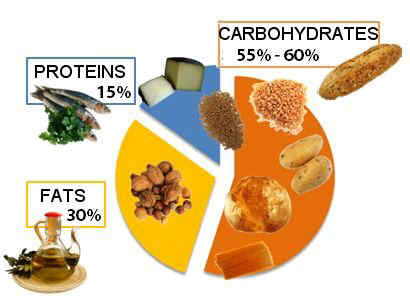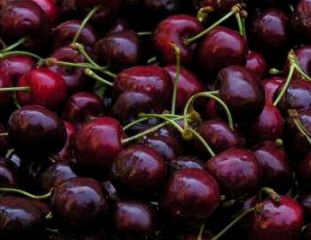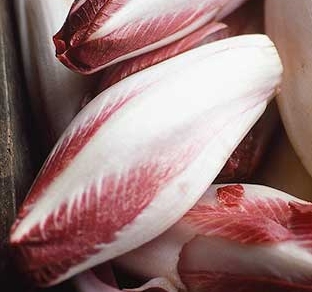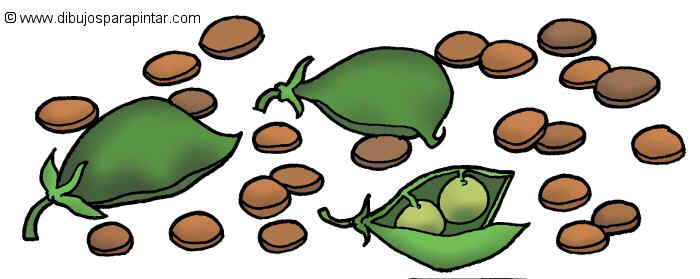Contents
Sources of nutrients in the Mediterranean diet
FOOD SOURCES IN THE MEDITERRANEAN DIET
Sources of carbohydrates in the Mediterranean diet
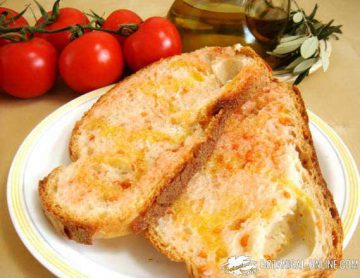 Bread is a traditional Mediterranean food, plenty of carbohydrates
Bread is a traditional Mediterranean food, plenty of carbohydrates
The sources of complex carbohydrates in the Mediterranean diet are represented by cereals (especially wheat bread and rice), tubers and legumes.
- Carbohydrates provide more than half of the calories in the Mediterranean diet, and they are present in all meals.
Carbohydrates are an energetic nutrient low in fat and with a moderate intake of vegetable proteins (8-15% from cereals). Their presence is essential, as easily digestible nutritious food.
Their digestion produces no waste, so they are healthy for people with uric acid, gout, kidney problems or liver disease.
Carbohydrates provide satiety and fullness, so they help not to eat between meals.
Main carbohydrates in the Mediterranean diet
- Cereals: Rice, wheat, millet, spelt, rye, sorghum, oats, buckwheat, couscous, bulgur.
- Bread and pastries: – Rye bread, wheat bread – Pasta food
- Tubers: Potato, sweet potato, beet, Jerusalem artichoke
Sugars in the Mediterranean diet primarily come from fruits such as apples, oranges, pears, pomegranates or grapes. Natural sugars from fruits provide vitamins energy and quick to absorb calories.
They are indispensable in an athlete’s diet for children and young people, and in general, in all stages of life.
Sources of fiber in the Mediterranean diet
Vegetables are the main source of dietary fiber. The Mediterranean diet there is a big variety of vegetables.
* Related information:
– Sources of proteins in a Mediterranean diet
– Sources of fat in a Mediterranean diet
– Antioxidants in the Mediterranean diet
* Related information: List of food in the Mediterranean diet
![]() More information on the Mediterranean diet.
More information on the Mediterranean diet.

